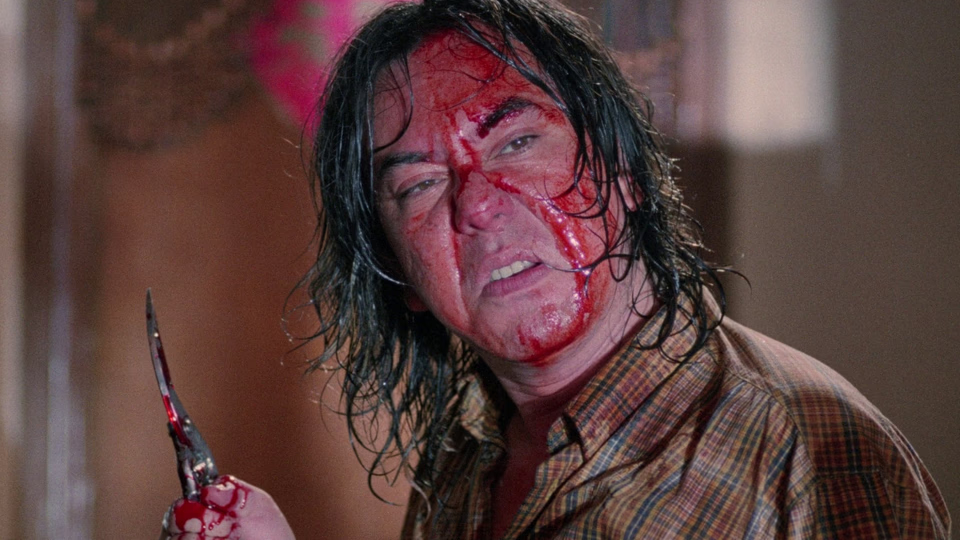Ebola Syndrome

There are films that test the boundaries of good taste, and then there is Herman Yau’s Ebola Syndrome, a Category III Hong Kong shocker that doesn’t merely cross those boundaries—it obliterates them with the subtlety of a sledgehammer to the skull. This is exploitation cinema in its purest, most uncompromising form, a film so deliberately offensive that it achieves a kind of perverse integrity.
Anthony Wong delivers what may be his most challenging performance as Kai San, a thoroughly despicable character with no redeeming qualities. Wong’s commitment is total and unflinching; he inhabits this monster without ever asking us to sympathize with him or find his humanity. It’s a brave piece of acting that refuses the easy outs of charm or psychological explanation. Kai San simply is what he is—a walking plague in human form.
Director Herman Yau approaches this grotesque material with the clinical detachment of a pathologist, which proves to be the film’s saving grace. His documentary-style cinematography lends an almost medical authenticity to the proceedings, making the cartoonishly over-the-top horror feel disturbingly real. When Yau does indulge in stylistic flourishes—such as a POV shot from inside Kai’s mouth as he spreads contamination—they feel organic to the material rather than gratuitous.
The film functions as pitch-black satire, populating its world with characters so uniformly awful that their grisly fates become a form of cosmic justice. This is misanthropy as moral philosophy, suggesting that perhaps humanity deserves the plague it creates. The comedy, such as it is, emerges from this relentless cynicism rather than from the gore itself.
But make no mistake: this is extreme cinema that will nauseate many viewers. The special effects are convincingly repulsive, the sexual violence is deeply disturbing, and Yau’s decision to play some of the most troubling scenes for dark comedy will understandably alienate audiences. Yet within this exploitation framework lies something more sophisticated—a meditation on infection, both viral and moral, and how evil spreads through human contact.
Ebola Syndrome exists in the shadowy territory between art and exploitation, much like Lucio Fulci’s New York Ripper or Sam Raimi’s original Evil Dead. It’s the sort of film that gives the horror genre a bad name while simultaneously proving its power to disturb and provoke. Wong and Yau have created something genuinely transgressive in an era when that word has lost much of its meaning.
This is emphatically not a film for general audiences. But for those with iron stomachs and an appreciation for cinema that refuses to play by civilized rules, Ebola Syndrome offers the rare experience of watching filmmakers push their medium to its absolute limits. Whether that’s a recommendation or a warning depends on your tastes. The film succeeds because it never apologizes for what it is. In our sanitized entertainment landscape, that kind of uncompromising vision—however repugnant—has become almost admirable in its purity.